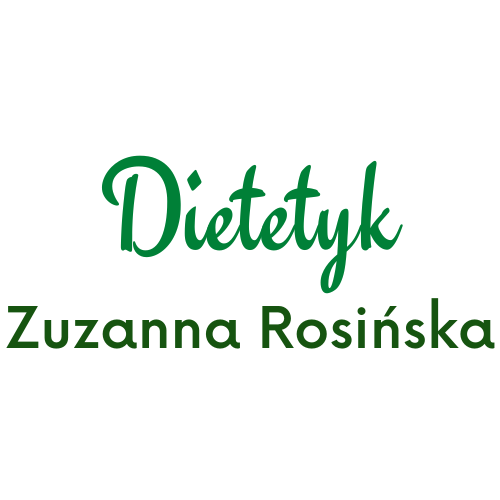Food enrichment Bez kategorii
Food fortification, also known as fortification, is the addition of one or more nutrients to the most commonly consumed foods, regardless of whether they occur naturally in a particular food or not.
Food fortification is intended to prevent or treat nutrient deficiencies, to compensate for the loss of those nutrients that occurred during the technological manufacture of the product, or to increase the intake of a particular ingredient that has been shown to be beneficial to health and is not consumed in sufficient quantities.
We differentiate between obligatory and voluntary fastening. Intervention enrichment is carried out on a large scale in order to reduce populations with a shortage of selected nutrients.
Vitamin A, iodine and iron deficiencies are currently observed in the population. For this reason, iodized salt was introduced to the market in Europe and Switzerland. Iron compounds are added to flour, for example, and vitamin A is added to sugar and margarines. With each intervention fastening, the extent of nutritional formation is increased.
Thus, the era of functional foods with health-promoting properties was born. These products should bear nutrition or health claims
Products such as calcium-enriched yoghurts, juices with antioxidant vitamins and many other foods have appeared on the market.
Voluntary fortification is intended to increase consumer interest by being innovative, providing an additional source of selected ingredients and compensating for the loss of ingredients during the manufacturing process.
Both mandatory and voluntary attachments are subject to appropriate regulations laying down the maximum dose, form and conditions.
Food enrichment – product examples
The most common product groups include juices and other non-alcoholic beverages. They are enriched with vitamin C, calcium, iron and magnesium. In this way, people with a deficiency in these components may be able to meet their daily needs for these components.
The attached products also include breakfast products (e.g. muesli). They are mainly supplemented with B vitamins, vitamin C, calcium and iron. Fortification of cereals also includes flour to which B vitamins, including folic acid and calcium, are added.
Dairy products such as milk, homogenised cream cheese, milk desserts, milk drinks, fermented milk drinks (buttermilk, kefir) are added calcium and vitamin D, sometimes also vitamin K.
